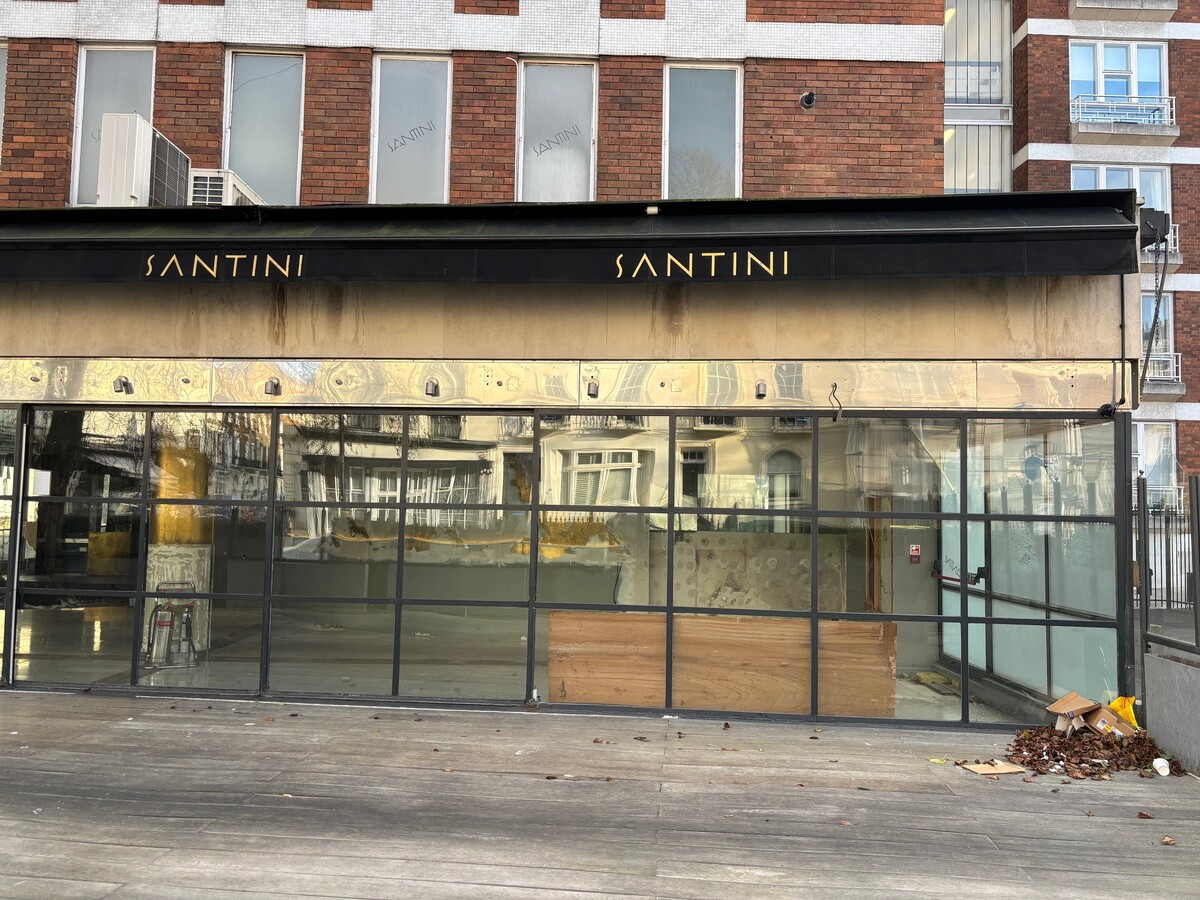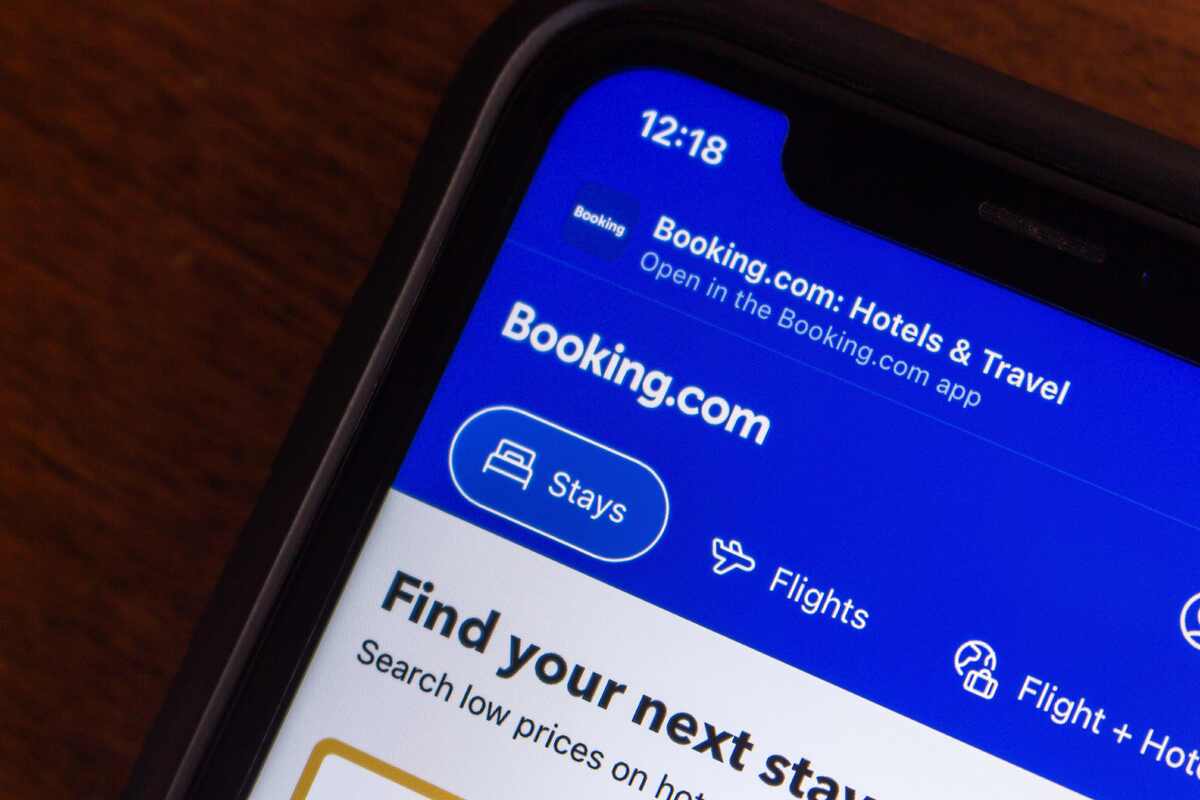A big appy family: training, allocating shifts and recruitment using apps
There are myriad reasons for the staffing crisis, but giving your staff extra flexibility, training on demand and cutting their workload would no doubt solve some issues – and it can be achieved through technology. Kathleen Hall reports
Staff shortages are not a new problem for hospitality – although it seemed to reach a nadir this year due to Covid and Brexit. However, one big change is that many operators are increasingly turning to technology platforms to plug the holes in their operations. From helping with recruitment to longer-term investment in people, the sector seems set to innovate its way out of the crisis.
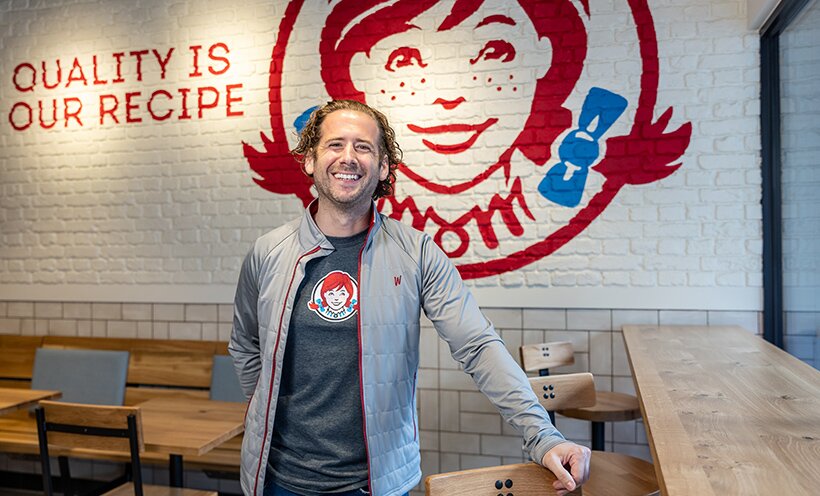
Despite the global pandemic, Wendy’s has not lost its appetite for growth. The US burger chain, which ran around 10 restaurants in the UK in the 1990s but pulled out of the market in 2000, opened its first UK site in Reading in June, with plans for five more by the end of the year. Eventually it hopes to have 400 outlets in the UK.
“Having that self-service is attractive to candidates who are used to accessing information quickly or making changes in the moment”
With hospitality staff in short supply, the brand has clearly chosen a challenging time to embark on a new venture. But Michael Clarke, UK operations director at Wendy’s, says the buzz about opening has helped. “We have been very fortunate to have a steady flow of applicants and that so many feel a connection to Wendy’s,” he says.
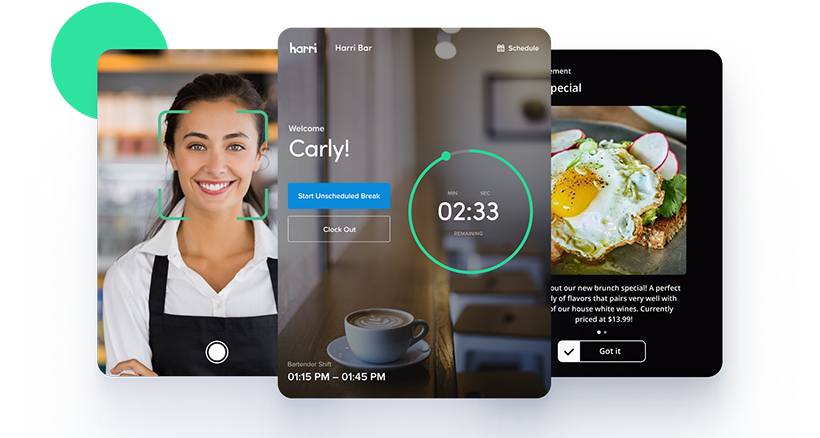
However, the chain has been using HR and workforce management tool Harri to help navigate some of the current challenges around recruitment.
“We started recruiting for our Reading restaurant when much of the UK had restrictions on social distancing. Harri allowed us to overcome that by using video technology in lieu of in-person interviews, allowing a candidate to upload a video of themselves answering pre-set questions.”
He says the quick turnaround of applications has been attractive to potential staff, as candidates can apply directly on their phone via the app. Once on-board, employees can use the tool to easily switch shifts with each other, helping to create a flexible working environment.
“Everything is done via a mobile app, which means at the push of a button an employee can do so much. Our crew members now have the ability to request and swap days off, instant access to their payslips and the ability to communicate with each other through the group messaging feature. There is now no need for employees to search a team room for a schedule or call the restaurant to find their shifts. Having that self-service is attractive to candidates who are used to accessing information quickly or making changes in the moment.”
The tool has also proved useful for operators who have been using it prior to the pandemic. Kevin Coetzee, people and operations director at wine bar chain Humble Grape, says the app’s talent pool feature has meant it has been able to stay in touch with potential recruits who may not have made it through previous hiring rounds – helping to boost its recruitment pipeline.
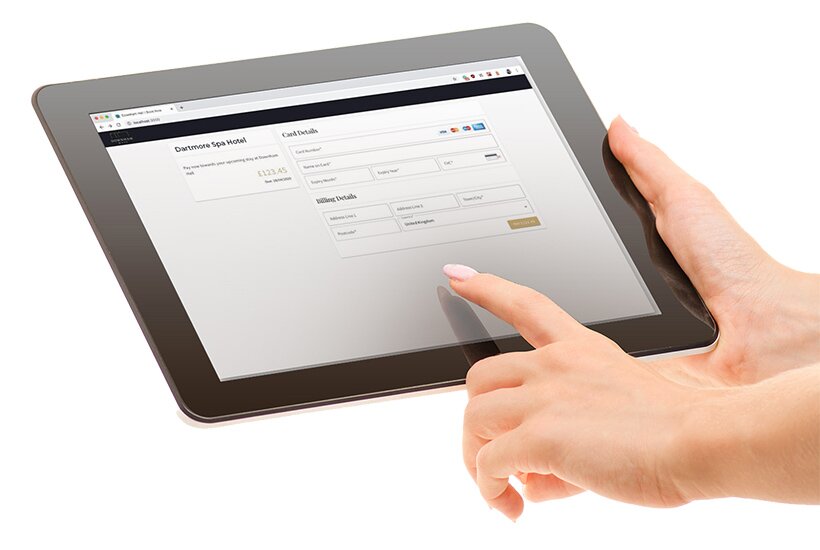
“I had a candidate who applied for a job in 2019 and I messaged them [via the app] and said something is available,” he says. “They responded to say, ‘Thanks, I know it’s been a while, but I’d love to have a chat’.”
Investing in the future
For Steve Rockey, people director for Home Grown Hotels and Lime Wood Group, the current crisis has been a long time coming, with Brexit and the pandemic only bringing this underlying issue to a head.
“I think we are only at the wound-licking stage [of the crisis]. We’ve got a long way to go to fill the [thousands of] vacancies…we don’t need to find them because they’ve gone, we’ve got to create them,” he says.
He adds that it’s the middle layer of staff that has been most affected. “Your assistant managers, supervisors, chefs, senior chefs – they’ve all scattered and it’s now on us to actually do something about, whereas I think in the past there’s been a reticence to fully commit to it.”
Part of the problem is the sector has been bad at retaining talent, he says. But he believes one good outcome is the way it’s forced operators to think and work differently.
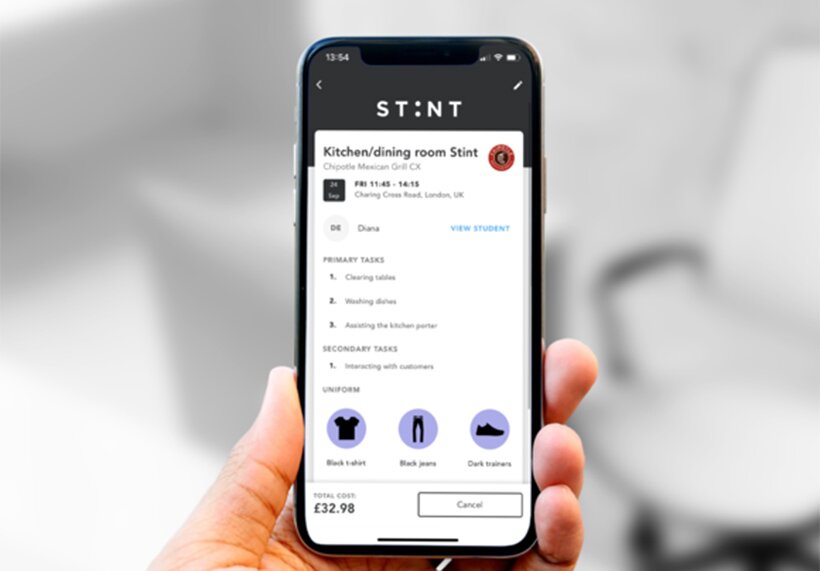
One such change has been the growth of online learning programmes, through its Flow Hospitality learning and development platform. “Over lockdown [those programmes] were so successful, we’re now expanding them,” he says.
Previously training days were confined to how many people could fit around the table, but now the ability to upskill is open to all. “It’s such a great way to reach so many more people than we ever would be able to,” he says. “Two years ago [I wouldn’t have believed] online learning was the way forward, because you lose the nuance and the interaction. But what you gain is scope and mass training and mass interest. And people are learning and interested in the things they possibly weren’t before.”
Online learning is just one part of the puzzle when it comes to making the sector a place that staff want to stay and develop, he says. “We’re using all our internal platforms to help us create the hospitality team of the future.”
Lime Wood hotel has also been ramping up the use of its workforce management platform Access. Rockey says: “We have been able to use that more than we ever have done in the past. But I think it’s one of those areas where we’ve realised it’s something we can really develop. With the state of the nation, it’s a question of not having enough people to satisfy demand, so there is obviously a massive opportunity to refine that through a workforce management system.”
He added: “In terms of Access the biggest area we are using it for, and working on, is setting rotas further into the future to help people plan their work and life. It allows for planning and flexibility for the team, which as we know is so important. We are working on a link between all of our systems (ATS through to payroll) to ensure smooth onboarding and ease for candidates to get onto payroll and get paid with minimal work on their part!”
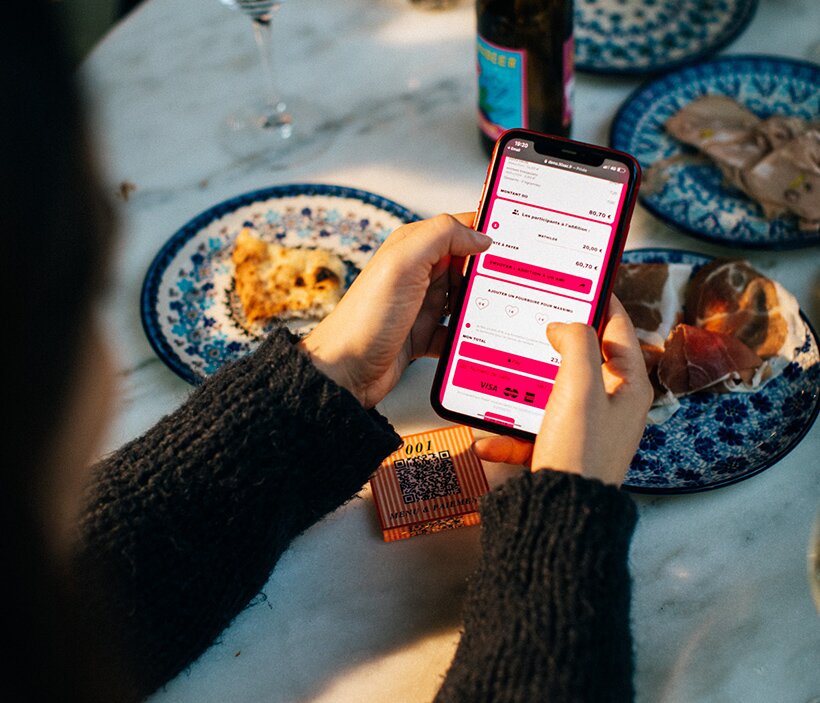
Other operators have also found that existing platforms have gained a new purpose since the pandemic hit. John Wallace, general manager at the Churchill hotel in York, uses operations software provider Guestline for its property management, booking platforms and electronic point of sale systems.
He says it has been invaluable in helping to train up people quickly who don’t necessarily have a background in hospitality.
“It means I don’t have any concerns about taking in people from another industry or those without experience. It lets me employ people who I think have potential but experience is secondary, which gives me a wider pool of applicants. I know I can make them useful to us quickly if we are short-staffed.”
Because the system is cloud-based, it’s also enabled some remote working, such as taking telephone enquiries. “It helps us move people around departments and not leave any short-staffed. Even if a receptionist gets told to self-isolate at 8am and we’ve got a big check out, I can be online with the phone calls at home,” he says. “So the reduced staff on the reception desk have less work to do. It’s really handy to have that flexibility.”
“We are only at the wound-licking stage of the crisis. We’ve got a long way to go to fill the thousands of vacancies”
New ways of working
For others, technology tools that were put in place out of expediency at the height of the pandemic are now expected to become permanent fixtures.
“We’re missing around 10% of our staff,” says Victor Lugger, founder of Italian restaurant Big Mamma. “Speaking with friends [in other restaurants] they’re missing 30%-40% of their staff. So we are fully opened but it’s a very intense period.”
However, he says creating a QR code payment tool he has dubbed Sunday has been “transformational” in helping staff to work smarter. He believes it has saved around 30% of waiting staff’s time dealing with payments.
“It has enabled people to tip more, but it is also reflective of the fact service staff are able to give customers more of their time as they’re doing less admin,” Lugger says, adding that it has also led to tables turning 15% faster.
“During the pandemic we noticed that in the span of three months, QR codes changed from something that no one understands to as natural as the salt and pepper on the tables.”
It’s a similar story for Pizza Pilgrims, which has been using Workplace from Facebook since the beginning of the pandemic to replace WhatsApp, so staff can more easily stay in touch. The platform has been such a hit they are planning to roll it out further.
“The next phase of our Workplace launch is just how we link it to everything,” says Hayley Cummings, head of people at Pizza Pilgrims.
“We want Workplace to be our one-stop shop. So we use [scheduling tool] Rotaready and it automatically feeds in when you have new starters or leavers and if people are promoted. It updates all that detail in the background.
“The next thing for us is how we push people’s rotas out there, making shift swapping super easy, and your payslip – we want Workplace to be the hub of everything.”
JJ Foodservice, a wholesale supplier that employs 800 employees across 11 branches, has also introduced new ways of working. “Communication can sometimes be a challenge, especially during a time of crisis,” says the company’s HR manager Joanna Florczak.
The group has introduced workforce management tools from UKG (Ultimate Kronos Group). “[It] helped us to mitigate this challenge during one of the most difficult times in our history – the Covid-19 pandemic – by giving us a platform that everyone could access,” she says.
“UKG has helped to introduce a level of transparency within JJ Foodservice that we’ve never had before. Employees can access their timesheets at any point, and staff also have more control over annual leave. Recording attendance is also much easier, as workers clock in and out independently. This has helped to save time for our managers.”
Chix Chandaria, owner of the Wine Parlour bar and shop in London’s Brixton, agrees that freeing up time has been one of the major benefits of using new platforms. Chandaria was using Stint prior to the pandemic – a platform that connects operators with students looking for casual shifts.
Having it in place already helped her navigate the worst of the crisis. “The idea of hiring an inexperienced young person – even washing the beautiful big wine glasses or serving water to customers – is never something I would have considered before. But it made me realise there’s a whole world out there that can help the business. And these brilliant people are open to learning and can come in with new energy.”
That has led to less time fire-fighting and more time for strategy. “It means I’ve been able to give the manager a whole admin day off. It also allows me to look at the bigger picture stuff.”
Hospitality has typically been seen as playing catch-up with other sectors when it comes to digital transformation, but given the range of technologies operators have been turning to, that perception may be starting to change.
Suppliers
Access www.theaccessgroup.com
Flow Hospitality www.flowhospitalitytraining.co.uk
Guestline www.guestline.com
Harri www.harri.com
Rotaready www.rotaready.com
Stint stint.co
Sunday www.sundayapp.com
Quinyx UK www.quinyx.com
UKG (Ultimate Kronos Group) www.ukg.com
Workplace from Facebook en-gb.workplace.com
Retaining staff through tech empowerment
Daniel Holmberg, country manager for workforce management provider Quinyx UK, on how hospitality has become more innovative when it comes to solving staffing issues and ensuring the workplace is somewhere people want to be.
“The past 18 months have been challenging for those operating within the hospitality sector. Trying to keep their frontline teams happy, particularly as they navigated extreme peaks and troughs of demand, ongoing legislative changes, lockdowns and increased safety measures, all while bearing the brunt of customers’ frustrations, has been an unprecedented juggling act.
“Those who are faring well have been focused and kept their resolve – relying on automated solutions and harnessing technology to progress through the pandemic.
“By using our workforce management solution, which combines improved forecasting, staff scheduling for optimised service and employee wellbeing, time/task tracking and seamless real-time communications, our hospitality customers have been able to empower and, fundamentally, retain staff.
“We know from our own studies that some of those working in the hotel and foodservice sectors are feeling unloved and undervalued. In fact, 60% of the anonymous, deskless hospitality workers we spoke to feel that their employer views them as a disposable or temporary resource; 49% say the company they work for is understaffed; and 86% acknowledge this has led to a more stressful working environment. Two in three have even considered quitting.
“Our customers who have addressed these concerns are now in a much stronger position than their competitors. At a time when hospitality workers are leaving roles en masses for sectors such as transport and logistics, this has never been more important.”





